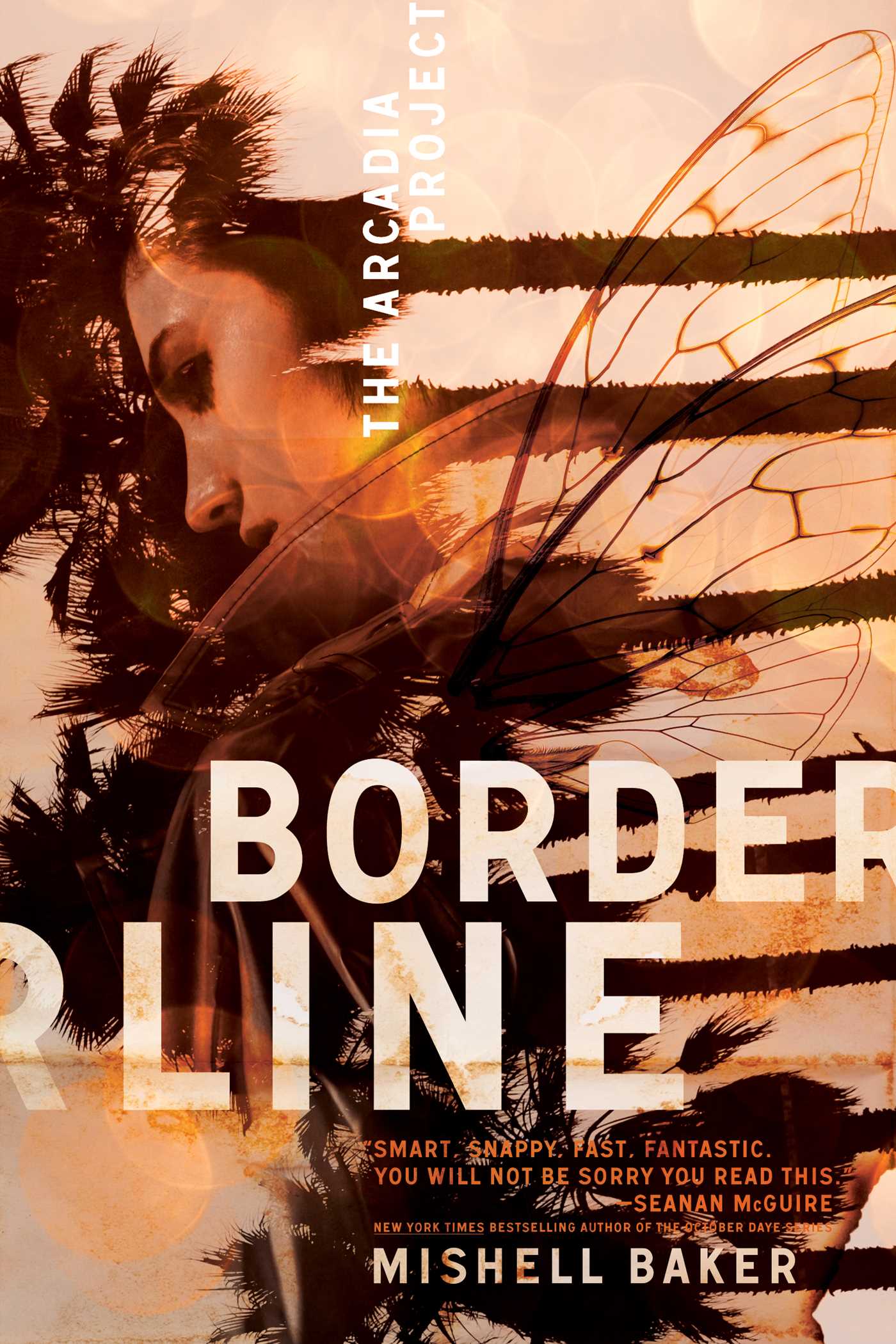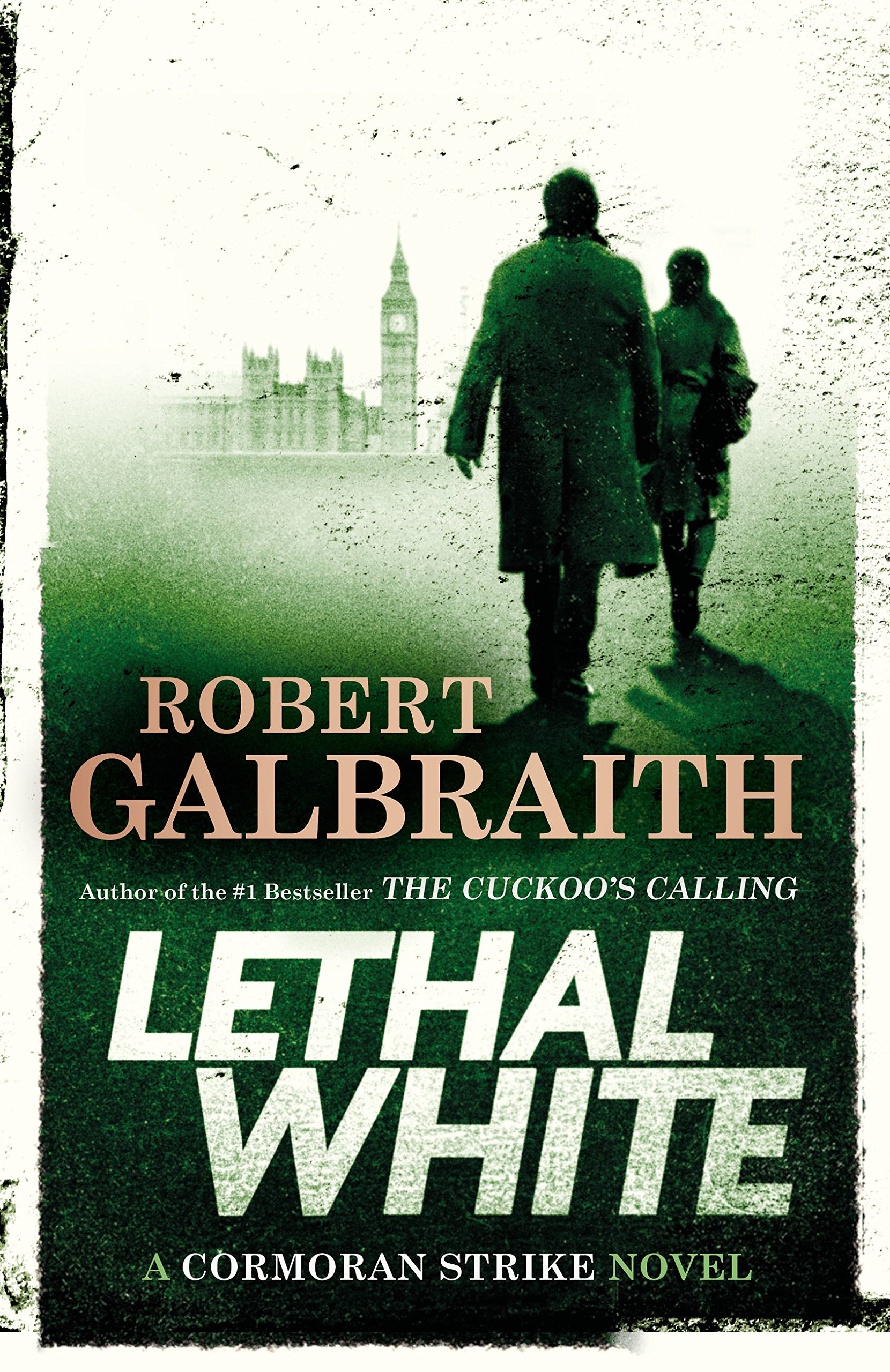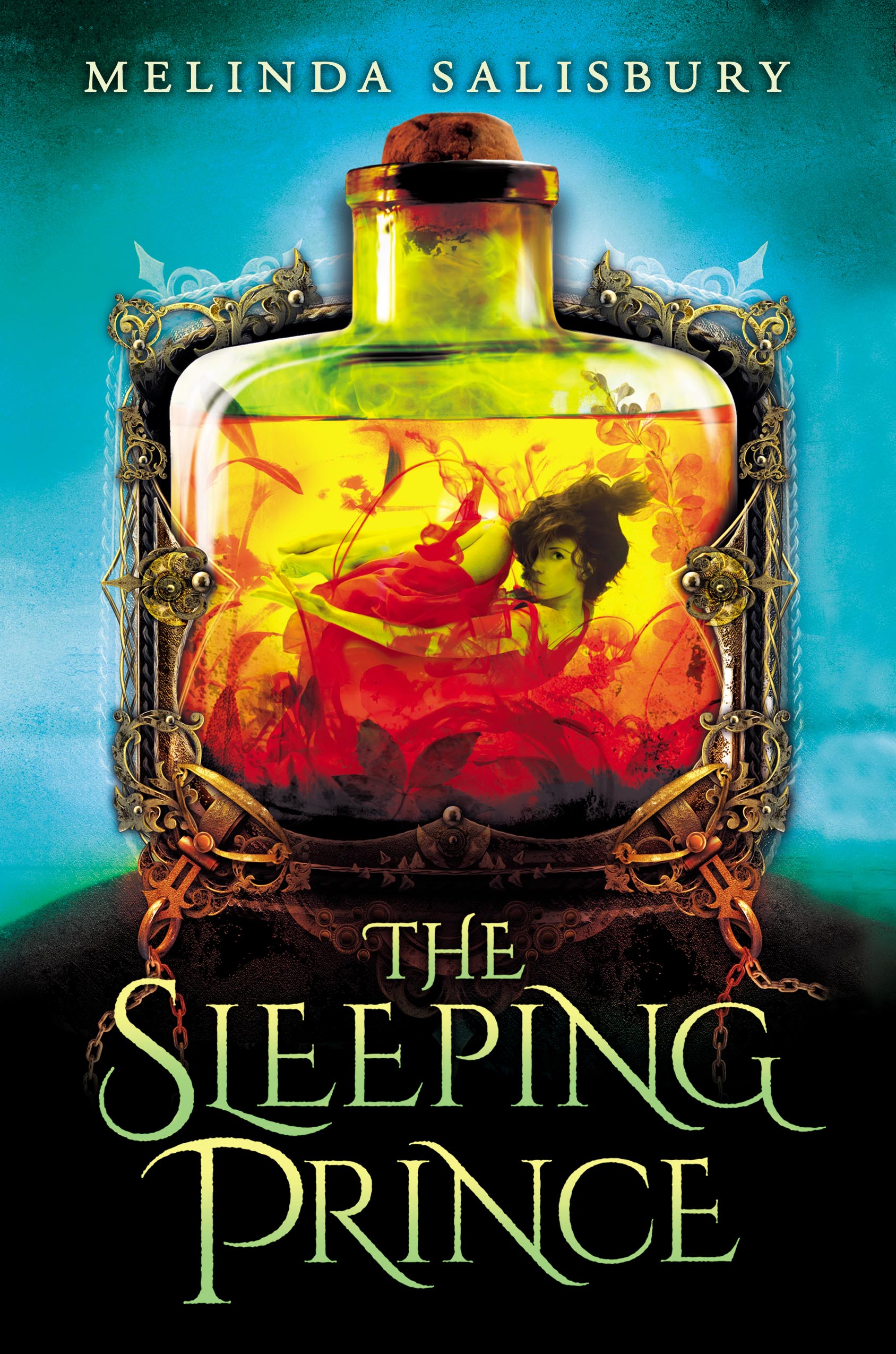In the bedlam of up and coming urban fantasy novels resides Borderline, a strange, fast-paced, and surprisingly dark tale about magic, madness, and mystique. I’ve read my fair share of urban fantasy – enough to know that I lean towards the more clever and action-packed novels in the genre. Borderline, for the most part, fit the criteria and made for an immensely entertaining read.
WARNING: this review contains spoilers
The premise promises a story of a damaged protagonist and the unraveling of the world around her. Millicent Roper, director, former UCLA student, and our protagonist, is left with two prosthetic limbs, along with some physical and emotional damage from a failed suicide attempt. The book commences when Millie is approached by mysterious Caryl Vallo at her current residence – a mental health institution – with a vague and seemingly dangerous job offer. Despite the wildly fascinating world-building, this was a character-driven novel for me.
Millie was a wonderfully unusual character. Flawed in ways that frustrated and intrigued me simultaneously. I tend to be quite harsh with my protagonists, but Millie was fantastically relatable, and deplorably terrible at the same time. The clear disconnect between her thoughts and actions, whether they were justified or not, made it much easier to empathize with her. Her reactions were raw and palpable, and they did make me uncomfortable at times, consequently making me dislike her somewhat, but her honesty with herself and critical introspection brought me back, invoking a sort of empathetic fondness for her. Her struggle and perpetual frustration with her mental condition was near tangible. I also appreciate how her self-pity or delusion was pointed out to her by other characters. Despite the engaging plot, Millie’s character, and the complexities in the characters around her, made the book a real page-turner for me.
The other characters were just as refreshingly original. It was clear that they all had their issues and their own ways of dealing with them. For instance, the physical manifestation of Caryl’s psychological split from her emotions, and how different she is with and without them, was one of my favorite aspects of the book. It was a clever way to intertwine fey magic with her mental disposition. Some of my favorite characters were Inaya, Tjuan, and Teo – which is why the latter’s death left me quite unsettled.
The world – the construction of which was revealed only partially in this book – seems to hold great potential. I’d like more light to be shed on fey in other professions in the sequels, apart from filmmaking. The dialogue started out a bit choppy, but got better as the book progressed. The descriptions of Millie’s physical condition were well articulated and flowed easily into the plot. The story itself drew me in pretty quickly, and kept me engaged until the book came to an end. I especially liked the concept of Echoes, which struck me as quite Murakami-esque in its ethos of duality of our consciousness.
I’ve read a considerable amount of fantasy novels based on fey, and this was definitely a unique take on the lore. The world Mishell Baker creates is colorful and refreshing, but flimsy construction can be a foreseeable downfall of the series. Fey folklore is not my first choice when picking up a fantasy novel to read, but this series seems to have a dark edge that intrigues me; hence, I may pick up the sequel when it comes out. If you think you’d enjoy reading about an alternate universe of fey and other fantastical creatures that coincides with ours, you will find Borderline immensely riveting, with unexpected influxes of depth.
A copy of this book was provided by the publisher for review.



